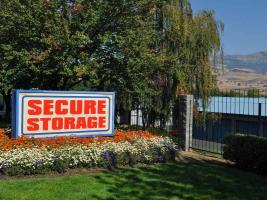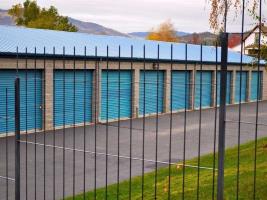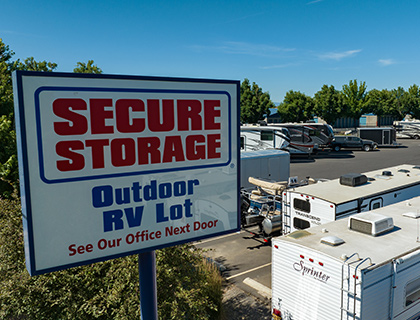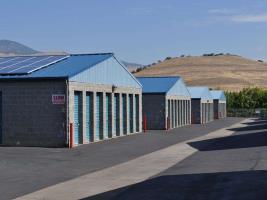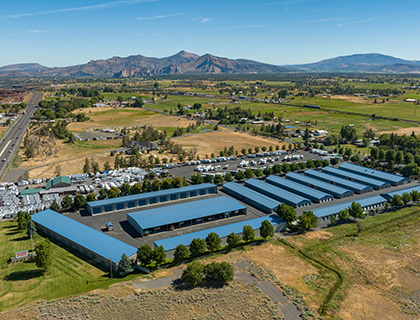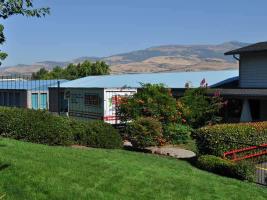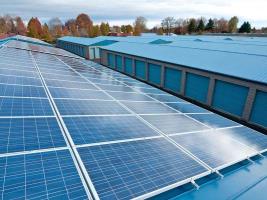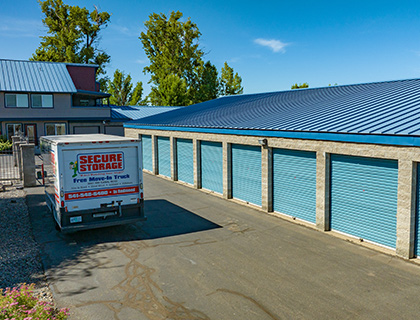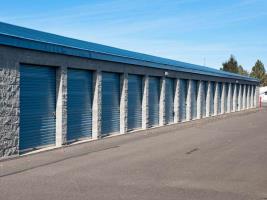Storage Units in Redmond, Oregon
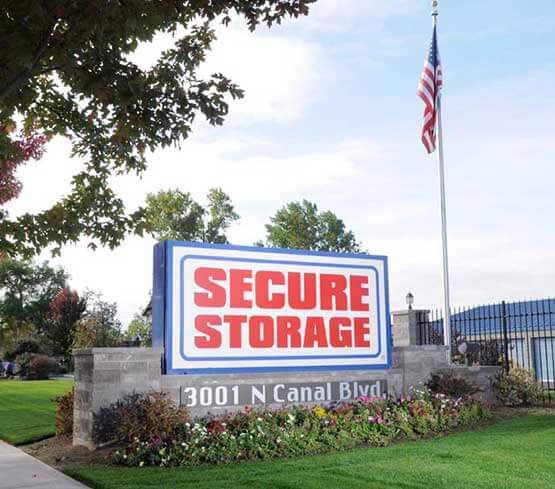
Office Hours:
Monday – Saturday: 10AM – 5PM
Sundays: Closed
Gate Hours:
7AM – 9PM, everyday
Choosing the Right Unit for You
Secure Storage is dedicated to providing quality storage unit rentals with prices that meet our customer’s budget. We understand that every customer and family has unique needs and financial considerations. That’s why we offer a wide range of options with 14 different storage unit sizes and various features, ensuring that we can meet your needs.
Whether you’re in search of a climate-controlled unit to safeguard your precious family heirlooms or a spacious storage solution to accommodate your RV or motorhome, we have the ideal space waiting for you.
Once you secure a rental with us, we guarantee that your rate will remain unchanged for a minimum of one year. We understand that unexpected price hikes can be burdensome, so we strive to offer consistency and transparency when it comes to our pricing. Please note, there is a fully refundable $20 cleaning deposit on all of our units.
Planning ahead for your move to Redmond? You can rent a storage unit online or call our managers today to rent a unit or join the waiting list.
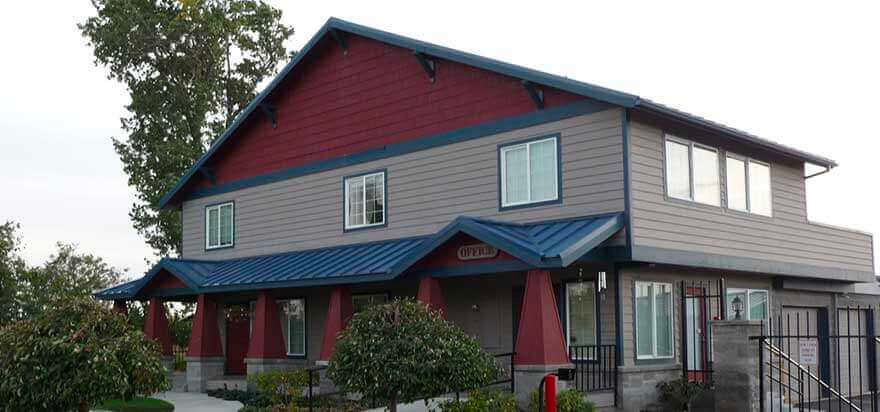
Redmond Unit Sizes
 5×10
$90/Month
$115/Month
5×10
$90/Month
$115/Month
A 5×10 storage unit is 50 square feet of space. A 5×10 can be considered a mini storage unit. These can typically fit the contents of a medium-sized bedroom, dorm room or studio apartment.
 10×10
$130/Month
$160/Month
10×10
$130/Month
$160/Month
A 10×10 unit is 100 square feet and is perfect for a one-bedroom apartment (not including large appliances), two medium-sized bedrooms, or extra garage items like a lawnmower.
 10×15
$160/Month
$185/Month
10×15
$160/Month
$185/Month
A 10×15 unit is 150 square feet that can hold up to three bedrooms’ worth of items, or the contents of a one-bedroom apartment. It’s often used for business storage for supplies, seasonal decor, and promotional/event booths.
 10×20
$185/Month
10×20
$185/Month
A 10×20 unit is 200 square feet of space. This unit can fit the contents of a two-bedroom home with appliances and include miscellaneous items. This size of the unit can be used for indoor car storage as it is the similar size of a one-car garage.
 10×25
$220/Month
10×25
$220/Month
A 10×25 standard storage unit provides 250 square feet of space. This size is suitable for storing the contents of a three-bedroom home, including appliances, or for businesses requiring extra space to store inventory, supplies, or equipment.
 10×30
$250/Month
10×30
$250/Month
A 10×30 unit is 300 square feet of storage space. This size is convenient for a large household with appliances or has enough space for commercial storage.
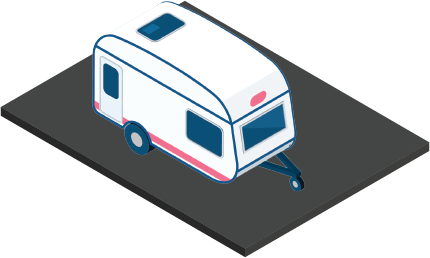 12×30
$95/Month
12×30
$95/Month
A 12×30 uncovered boat and RV storage does not provide protection from the elements, but it offers convenient access and is a cost-effective solution for those seeking outdoor storage.
 12×40
$115/Month
12×40
$115/Month
12×40 uncovered boat and RV storage does not provide protection from the elements, but it offers convenient access and is a cost-effective solution for those seeking outdoor storage for large trailers and boats.
 12×35
$200/Month
12×35
$200/Month
A 12×35 covered boat and RV storage space provides 420 square feet of covered storage. This size is ideal for larger boats, trailers, campers, or other recreational vehicles.
 12×45
$245/Month
12×45
$245/Month
A 12×45 covered boat or RV space provides 540 square feet of covered storage. This size is ideal for larger boats, trailers, and motorhomes.
 24×39
$525/Month
24×39
$525/Month
A 24×39 enclosed boat and RV storage space is 936 square feet of enclosed space which can comfortably house large boats and recreational vehicles, leaving extra space for additional personal belongings.
You are about to complete the online rental paperwork process for Secure Storage.
After you complete this process, you will still need to come into our office during office hours to receive a gate code in order to access your unit.
Please bring a photo ID with you.
Rent UnitThe Secure Storage Difference
Secure and Convenient Storage in Redmond, Oregon

Resident Managers
Manager lives on-site ensures our facility-wide safe storage.

STATE OF THE ART SECURITY
Each unit has its own security alarm.

FREE MOVE-IN TRUCK
We make your move in simple.
Included Amenities & Benefits
You can always count on your rental rate to stay the same for at least a year!
Secure Storage distinguishes itself from our competitors with on-site managers who reside on the premises, ensuring a higher level of safety and personal attention. Furthermore, our facilities offers top-notch security measures; including alarms on each unit, gated access, and video surveillance. We also offer a complimentary move-in truck when you rent a unit. However, our amenities and benefits extend beyond that. We maintain a well-kept facility that is designed with easy accessibility for moving vehicles in mind.
At Secure Storage, we pride ourselves on standing out from the rest. Our self-storage facility has been designed to prioritize the aspects that matter most to you: security, pricing options, convenient access, and cleanliness.












Serving Redmond, Oregon
Secure Storage in Redmond is proud to serve the greater Central Oregon area. As any Redmond resident knows, the city is a fast growing gem in the heart of Central Oregon. There is so much going on in our neighborhood, between visitors, outdoor enthusiasts, and hard-working families, everyone agrees that Deschutes County is a great place to be! Secure Storage in Redmond is proud to be a part of this growing community and we back those words with actions.
At Secure Storage, we contribute 10% of our net income to support Oregon organizations directly, keeping the dollars within the local community. This enables us to give back and make a positive impact on the places we call home.
Convenient Location
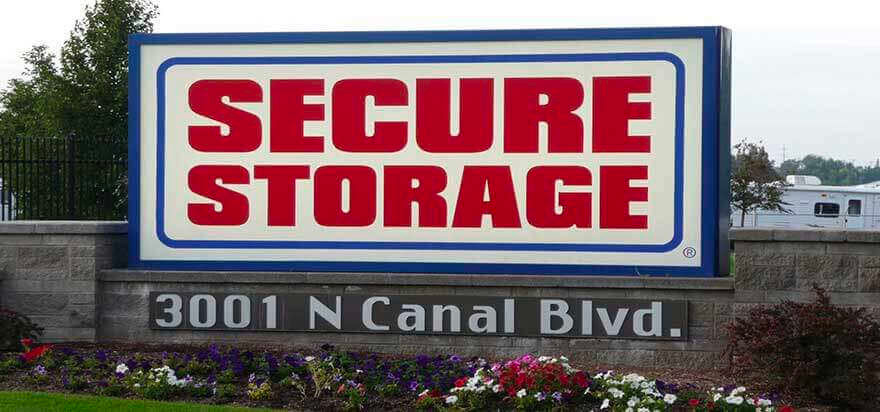
Redmond Secure Storage is conveniently located in North Redmond Oregon on Canal Boulevard near Highway 97. We are located just north of the Home Depot and the Walmart SuperCenter. Our location in Redmond, OR allows for easy access to Canal Boulevard and Highway. 97.
Redmond Secure Storage is proud to provide clean, secure storage units at affordable prices. We have the space for all your belongings so you can free up more room at home. Reserve online now, or call our office manager to rent a unit or get on our waiting list.
Meet Our Redmond Managers
Taylor and Hali Lockling
I am privileged to serve a great and growing community here in Redmond, Oregon. Growing up in Oregon, it is great to be back in Central Oregon. Joining the Secure Storage team as the on-site manager brings pride and joy to me and my family. With four seasons of recreation opportunities around the Redmond area, our facility has the perfect space for you to keep all those toys you may have to enjoy this beautiful area. We are here to keep your items safe – in fact, since our doors opened in 1987, we have not had a single break in. Join us as we near the fourth decade of being a locally owned and operated storage provider. No matter your passion, your projects, or your business needs you can trust us to keep your items Secure. “Who’s watching your stuff?”
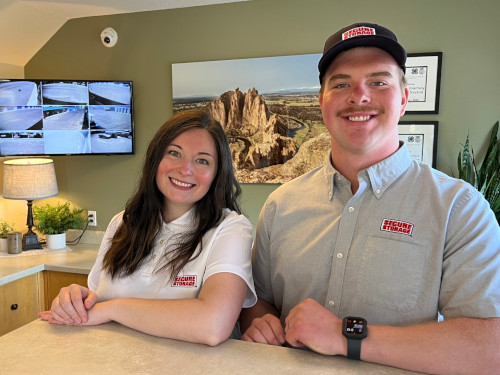

Jem Porro
Having been part of the Central Oregon and Redmond communities for more than 20 years, I feel very blessed to be a part of the management team for Secure Storage in Redmond. Taking care of customers and providing great customer service is the priority and my passion. Our goal is to give each person that comes into our facility a great experience; every time they are here. Many of our tenants are very long term because of this philosophy. Our facility is amazing with many perks…. gated access, individual alarms on the unit doors, security cameras, 24 hour on-site managers, beautiful landscaping, cleanliness, and customer service that is above and beyond. We look forward to serving you and showing you the Secure Storage difference.
Our Mission – To provide a quality service or product to the
communities we serve, in a manner which is glorifying to God.
Read what people are saying
Photo Gallery
